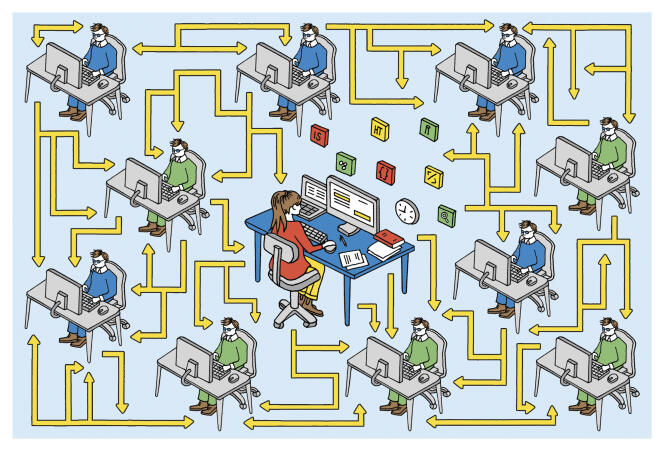


"Let's take power!" Marie-José Montpetit, a doctor of electrical and computer engineering, was invited to participate in a discussion in Montreal in March focusing on the role of women in the fields of science, technology, and artificial intelligence (AI). She promoted the idea that "jobs in innovation are fascinating because it's here that we have the power to change the world."
To hear this sexagenarian from Quebec with a dazzling career behind her – 20 years working for the prestigious Massachusetts Institute of Technology (MIT) computer science laboratory in Boston –, "it's time to act." In fact, women have already begun attacking the stronghold that is the high-tech world, a powerful business sector in the Quebec metropolis. MILA, Quebec's artificial intelligence institute, was set up there in 2017, headed by charismatic director Yoshua Bengio. The result is one of the largest concentrations of academic deep-learning researchers in the world.
Some 30 technology giants, including Meta, Google, Ericsson and Microsoft, have also established their research centers in Montreal, and hundreds of start-ups have joined this ecosystem. By 2022, this high-tech sector, from video games to AI, accounted for nearly 263,000 jobs across Quebec, largely concentrated in the city of lights. Women held 22% of the positions.
That's not a lot, yet it's better than in France, where 25% of students who choose a degree in the digital field are female but only 13% of them decide to make it their profession. It's also better than 20 years ago in Quebec, it should be noted.
The Quebec government and the province's universities, along with the many associations involved in promoting women in this buoyant economic sector, are stepping up initiatives: on the one hand, to attract young women to these scientific fields – scholarships and computer coding courses are specifically aimed at them – and, on the other, to encourage companies to recruit them.
Yet even those who have reached the most prestigious roles in this sector agree: certain clichés die hard. The image of the geek, with his hood up engrossed in coding in his basement before becoming Mark Zuckerberg (founder of Meta, formerly Facebook), Elon Musk (X, formerly Twitter) or Steve Jobs (Apple), promoted by the entire film industry since the early 2000s, is so deeply rooted in everyone's mind that it remains difficult for a woman to imagine herself in this world of men, to sneak in after them and then stay there.
You have 70% of this article left to read. The rest is for subscribers only.
